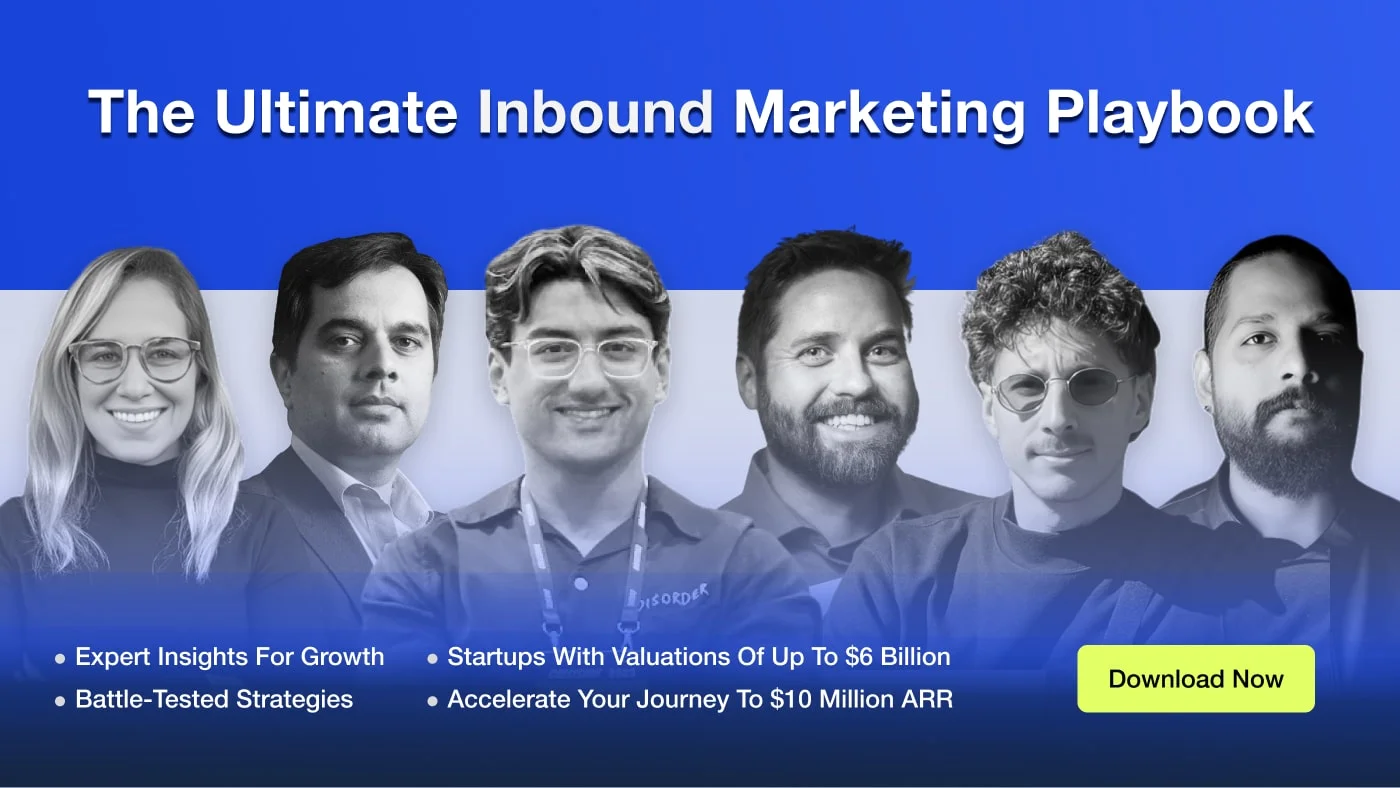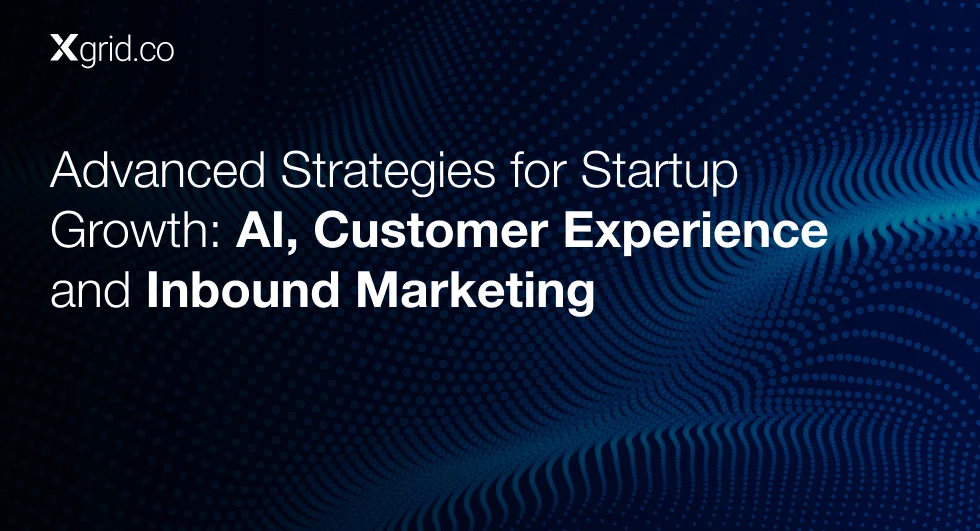Why CEO Thought Leadership Drives Startup Success
This method isn’t just about promoting the company; it’s about providing real value to the audience through insights, advice, and stories that resonate. As Saad Khan, a GTM consultant, wisely said, “Startups should focus on establishing their CEO or an internal leader as a thought leader or industry celebrity.”
This strategy is becoming increasingly important in building trust and driving engagement organically.
Why CEO Thought Leadership Matters
In the early stages of a startup, credibility can be one of the biggest challenges. Many startups offer innovative solutions but struggle to convince potential customers of their value.
By making the CEO a public figure in the industry, the company gains an advantage in visibility and trust.
As Matteo Tittarelli, Founder & Director of Genesys Growth, emphasizes, “To stand out, you don’t just need clear messaging—you need well-thought-out and targeted messaging that resonates with one or two of your ideal customer profiles. That alone can get you 50% of the way there.”
Step-by-Step Process for Crafting a Clear and Targeted CEO Message
For a CEO to become an industry thought leader, it’s essential to craft a targeted message that clearly communicates the company’s unique value.
Here’s a step-by-step approach based on the inbound marketing playbook:
-
-
- Start with Outcomes: Clearly define what success looks like. What are the specific goals the CEO is trying to achieve? This might include increasing visibility, building trust, or driving engagement with a particular audience.
- Identify Alternatives: Understand what other options or solutions are available to your audience. Knowing what competitors offer allows you to highlight your unique selling points. “You need to understand the pain points associated with the alternatives,” says Tittarelli.
- Highlight Unique Benefits: Articulate the unique advantages that set your product or service apart. Why should your audience listen to your CEO instead of another industry leader?
- Showcase Practical Solutions: Demonstrate how your product solves real pain points, making daily operations more efficient for your target audience. This functional clarity is essential to making your message resonate.
-
Founder-Led Branding & Content Strategy
A strong founder-led content strategy builds a personal connection with the audience.
As Matteo Tittarelli explains, “The missing half is what I call a ‘tasteful brand.’ This means combining messaging, visual identity, and consistency with a unique, opinionated stance that sets you apart from everyone else.”
Here’s how to structure this type of content:
-
-
- Define Core Content Pillars: Identify 3-5 content pillars that align with the company’s value proposition. These should be topics the CEO is passionate about, ensuring authenticity and relevance.
- Establish a Regular Content Cadence: Commit to a steady flow of content, whether that’s blogs, videos, podcasts, or LinkedIn posts. Aim for at least one piece of content per week.
- Humanize the Brand: Encourage the CEO to share personal stories, challenges, and lessons learned. As Tittarelli notes, “This creates an emotional connection with the audience.”
- Engage with the Audience: It’s important for the CEO to actively engage in conversations, respond to comments, and interact with followers. This approach fosters a sense of community and positions the CEO as approachable and trustworthy.
-
Case Study: “What the F*** is Dooley?”
An excellent example of successful CEO-led branding comes from Dooley, a B2B company that increased its qualified pipeline by 431% by leveraging bold, authentic messaging.
The campaign, titled “What the F*** is Dooley?”, focused on creating buzz by partnering with influencers and thought leaders in the industry.
“We launched a campaign…exactly what we were thinking about earlier,” explains Saad Khan, GTM Consultant.
The campaign wasn’t just a marketing gimmick—it combined authentic engagement with the audience through organic content, effectively turning CEO-led branding into a demand-generation machine.
The result? Widespread awareness, higher activation rates, and a stronger brand presence in key markets.
Practical Tips for CEO Thought Leadership
- Consistency is Key: Posting consistently three to four times a week helps maintain visibility and engagement across platforms, particularly LinkedIn, where targeting ICPs is easier. Tittarelli emphasizes that “LinkedIn’s algorithm worked much better for our ICP, which consisted of product managers and growth marketers in B2B fast scale-ups.”
- Be Authentic: A common pitfall for many CEOs is focusing too much on selling their product. Instead, aim to humanize the brand through personal experiences and stories. This will foster trust and keep your audience engaged.
- Engage in Real Conversations: It’s not enough to broadcast messages. The CEO should engage in genuine conversations within relevant communities. This creates a feedback loop that improves both brand perception and customer loyalty.
- Leverage Personal Networks: CEOs often have access to influential contacts in their industry. These networks should be leveraged to amplify the company’s message. Invite industry leaders onto podcasts, interview them for blogs, or collaborate on thought leadership pieces.
Conclusion
Positioning your CEO as an industry thought leader is a powerful strategy for early-stage startups to build trust, credibility, and engagement. By developing a clear and targeted message, leveraging personal storytelling, and actively engaging with the community, a startup can stand out in the crowded marketplace.
As Saad Khan aptly put it, “Startups should focus on establishing their CEO as an industry celebrity, not just for self-promotion, but to share insights and engage with their audience in meaningful ways.”
Building a personal connection with your audience starts with positioning your CEO as a credible thought leader. But how can you further boost this credibility? In the next article, we dive into the concept of CEO thought leadership branding and how it can elevate your CEO’s status as a true industry influencer.
Downloads
Article (PDF-276 KB)MOST POPULAR INSIGHTS
- Advanced Strategies for Startup Growth: AI, Customer Experience, and Organic Marketing
- Mastering Startup Marketing: From Branding to Organic Growth
- Driving Transformation and Creative Leadership in B2B Organizations
- Crafting Impactful B2B Campaigns: Emotional Messaging, Awareness, and Empathy
- Building Brands and Campaigns on a Startup Budget with AI Efficiency
Related Articles
Related Articles

Established in 2012, Xgrid has a history of delivering a wide range of intelligent and secure cloud infrastructure, user interface and user experience solutions. Our strength lies in our team and its ability to deliver end-to-end solutions using cutting edge technologies.
OFFICE ADDRESS
US Address:
Plug and Play Tech Center, 440 N Wolfe Rd, Sunnyvale, CA 94085
Dubai Address:
Dubai Silicon Oasis, DDP, Building A1, Dubai, United Arab Emirates
Pakistan Address:
Xgrid Solutions (Private) Limited, Bldg 96, GCC-11, Civic Center, Gulberg Greens, Islamabad
Xgrid Solutions (Pvt) Ltd, Daftarkhwan (One), Building #254/1, Sector G, Phase 5, DHA, Lahore





